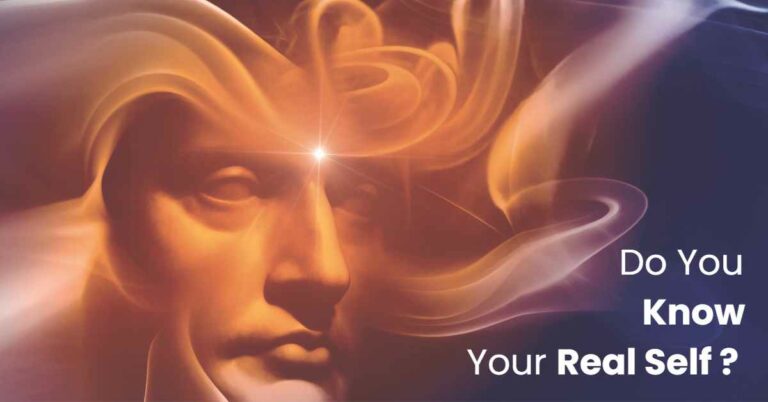
Do you know your real self ? A dissertation on the Self & Consciousness from the view-point of Science, Spirituality, Philosophy, Psychology, Yoga, Religions &
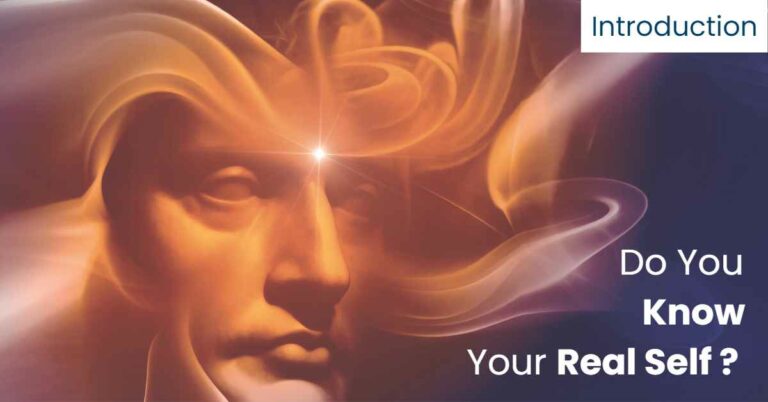
Consciousness is believed by all as the substratum of all human actions. Man’s thoughts, understanding, judgement, perceptions, learning, feelings, ambitions, goals, efforts, etc., are various expressions of his consciousness.
More than half the population of the world believes that consciousness is an essential and inherent attribute of an entity, called ‘Soul’. They have the faith that the soul, by its very nature, is an entity different from the inorganic and the organic matter and the body and the brain. The world is thus divided into two major groups. One of these consists of people who believe in the existence of the soul and are called ‘religious people’ and the other consists of people who do not believe in its existence and are called ‘non-religious’ people. The religious people are further divided and subdivided into various sects and cults, depending upon what details they believe in about the soul and the Supreme Soul.
True knowledge of soul, however, is not a matter of superficial importance nor is it to be left to some philosophers or religious scholars to discuss. Since each and everyone of us is a conscient being, it concerns us all individually and severally. To deny ourselves the true knowledge of consciousness is to deny ourselves the right and the duty of living a meaningful life.
True knowledge of ‘Consciousness’ should also include the knowledge of what Freud, the well-known German psychologist, called ‘The Unconscious’.
In the East, religious people in India, have, since very ancient times, been believing in Sanskãras. To some extent, the Sanskaras are like ‘The Unconscious’ of Freud’s Theory because these do not form the content of ‘The Conscious’. Man is normally not aware of them or their sources even though his personality and his behaviour, at all times, is influenced by his Sanskaras. His sanskãras do not leave him even in his dreams or his spiritual efforts. In fact, these are so intimately related with man’s peace and war or good and bad personality that it would be meaningless to talk of world peace, or a social, political or cultural change without talking of and planning and working for a change in man’s sanskãras.
A research in, or an in-depth study of, Sanskãras and the methods of change will provide mankind with the essential tools for improving relationships among human beings and for making this world a better place to live in. Without the knowledge of ‘The Unconscious’, all the inventions of Science and Technology will not make the world peaceful even though they may make it comfortable. All the scholarship, erudition, religious rituals and mantras will also not help to land man in peace unless and until there is a change for the better in man’s Sanskãras and unless man has been given the necessary consciousness-training.
Presently, there are different views held and expressed on this subject by various thinkers and various branches of knowledge. The present book discusses some of these.
Since Philosophy, Religion, Psychology, Quantum physics and some other fields of knowledge discuss ‘Consciousness’, the subject has, therefore, been discussed briefly from the points of view of these.
The author had presented some papers at some International Conferences held on this subject. The book includes some of those papers also. The author hopes that readers would feel some clarity on this subject after having studied this book and would then make sincere efforts to learn the practical method of realising the self.
26th February, 1995
B.K.Jagdish Chander Hassija

Do you know your real self ? A dissertation on the Self & Consciousness from the view-point of Science, Spirituality, Philosophy, Psychology, Yoga, Religions &

Knowing the Conscious and the Unconscious Consciousness is believed by all as the substratum of all human actions. Man’s thoughts, understanding, judgement, perceptions, learning, feelings,
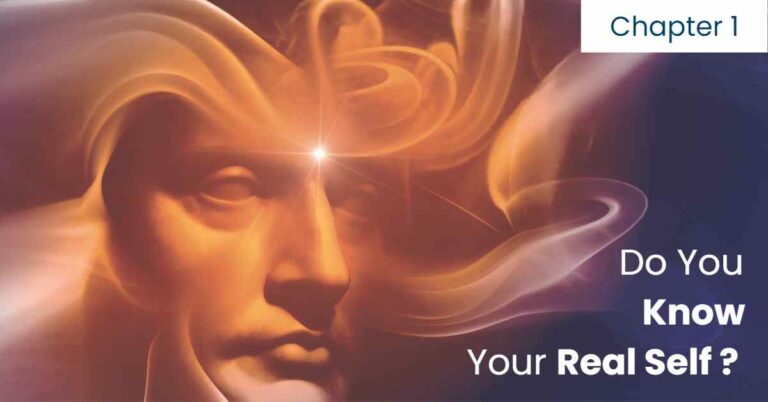
Chapter 1 The nature and identity of the self in the light of Common Logic & Indian Philosophy “Do you know your real self ?
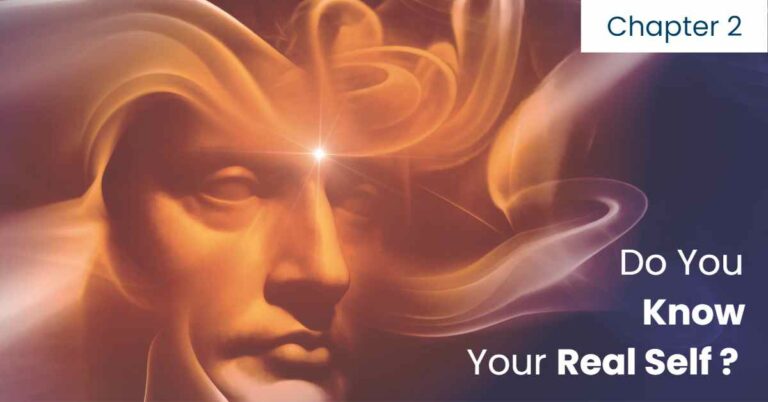
Chapter 2 Consciousness in the light of the views of some other philosophers Earlier, we have had a brief overview of some systems of Indian
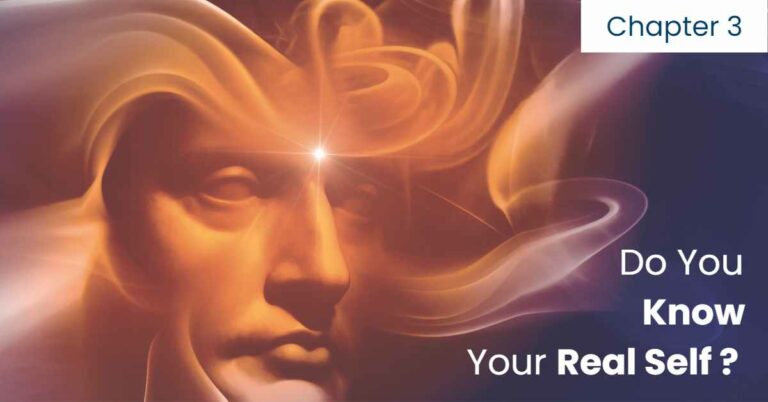
Chapter 3 Consciousness from the Spirituo-Scientific Perspective of Rajyoga In this paper, the term ‘Spiritual’ or ‘Spirituality’ does not refer to any particular religion nor
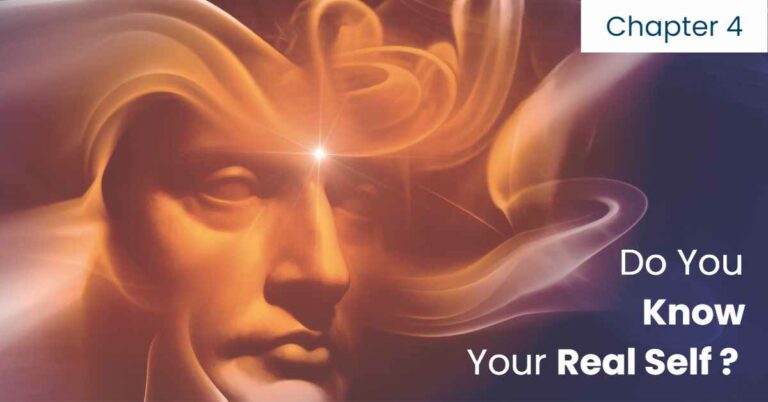
Chapter 4 Consciousness from a Religio-Spiritual Perspective (A part of author’s Paper-II, presented at the International Conference on Science and Consciousness) Before Science came on
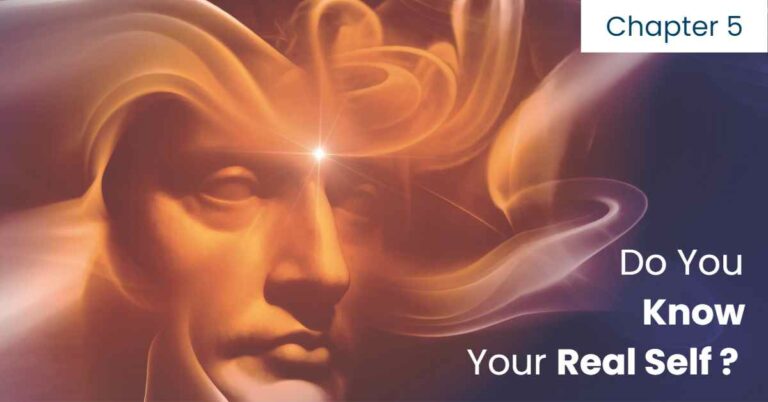
Chapter 5 Consciousness or Self From the Perspective of various Sciences and Spirituality If we think deeply on the nature of Thought, Emotions, Will, etc.,we
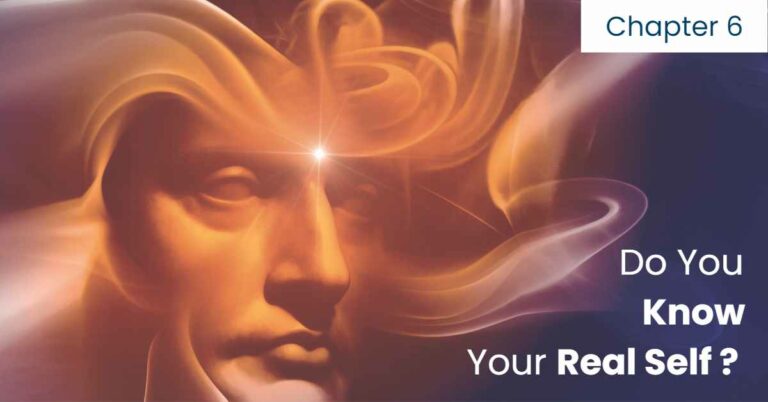
Chapter 6 Consciousness or Self and Some Systems of Psychology Earlier, in other chapters, we have discussed Conscious-ness with reference to Science, some systems of
Start your day with a breeze of positivity and stay motivated with these daily affirmations
After Clicking on Join, You will be redirected to Whatsapp Community to receive daily message. Your identitiy will be secured and no group member will know about another group member who have joined.